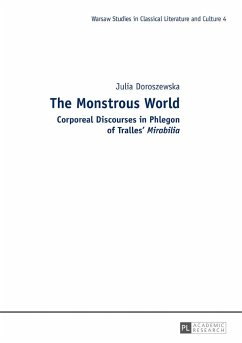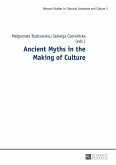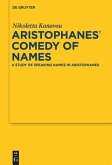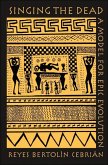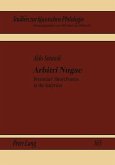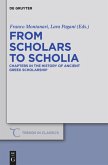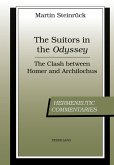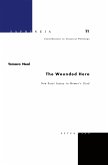Revenants, oracular heads, hermaphrodites, sex-changers, human-animal children, multiple pregnancies, births, body features ... This is just a sample of subjects that Phlegon of Tralles explored in the 2nd century AD in his "Mirabilia". This study identifies the common motifs of Phlegon's text and determines his criterion of selection: using the cultural category of "monster", it argues that Phlegon exclusively collected stories of either hybrid creatures or human "record-breakers" with respect to scale, size and multiplicity of their corporeal features. In this light, the "Mirabilia" appear to be a book on monsters and the monstrous that corresponds with a general fondness for marvels and oddities during the Roman imperial period.

